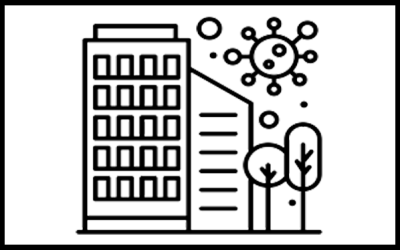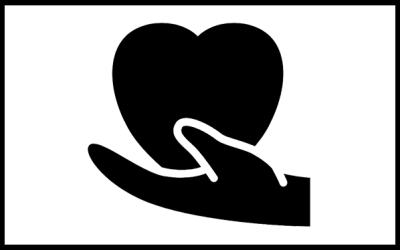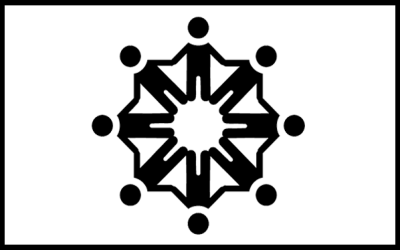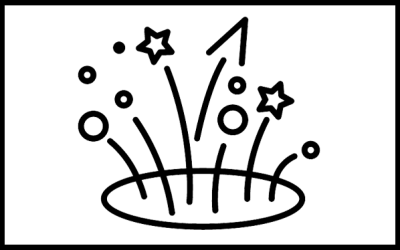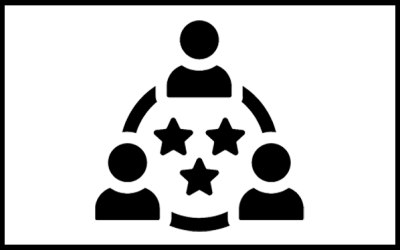Three general university classrooms have been created for student engagement and active learning in WWU's Interdisciplinary Science Building. Each room has multiple screens available for both instructor and student use during group work sessions. Participants are able...
Addressing Compassion Fatigue
As a result of hardships related to COVID-19 and many other stresses in present-day life for us and our students, many of us may be feeling compassion fatigue. This can lead to distress or burnout. In the article, “Are you experiencing compassion fatigue?” (2022),...
Equitable Assessment and Grading Methods
Traditional assessment strategies such as exams and quizzes are not always the most impactful way to measure student learning. Equitable assessment strategies provide students with opportunities to express their learning and growth in more than one way. This...
Increasing Inclusivity in the Classroom
Why is inclusivity important? Starting college is a time of transition, and it can cause many challenges and stressors in students’ lives. Students from less privileged backgrounds may have a more difficult time transitioning into college. In the article, “Increasing...
Learning: Canvas Foundations
This course is a starting guide for anyone who might be new to Canvas, WWU, and the Bellingham community. Hosted by your friendly (Bellingham) neighborhood Canvas Admin, Chris Powell (ATUS), along with AJ Barse (ATUS instructional designer) and Deran Browne (ATUS...
Trauma-Informed Teaching
All students enter a classroom with diverse backgrounds and experiences. Their experiences could possibly include trauma which the Substance Abuse & Mental Health Services Administration (SAMHSA) defines as: “an event, series of events, or set of circumstances...
Using Microlearning to Improve Teaching
Definition Microlearning is learning bursts of new information in small parts at a time. Some key features tend to include1: Sessions under 10 minutes Targeted simple and/or narrow topics Tasks be completed in-person or virtually Information paired...
What and Why of Experiential Learning
Experiential learning is the process of student-centered learning by doing. Instructors engage students through hands-on experiences and reflection. This process enables students to better connect knowledge from the classroom to real-world situations.1 Kolb's...
